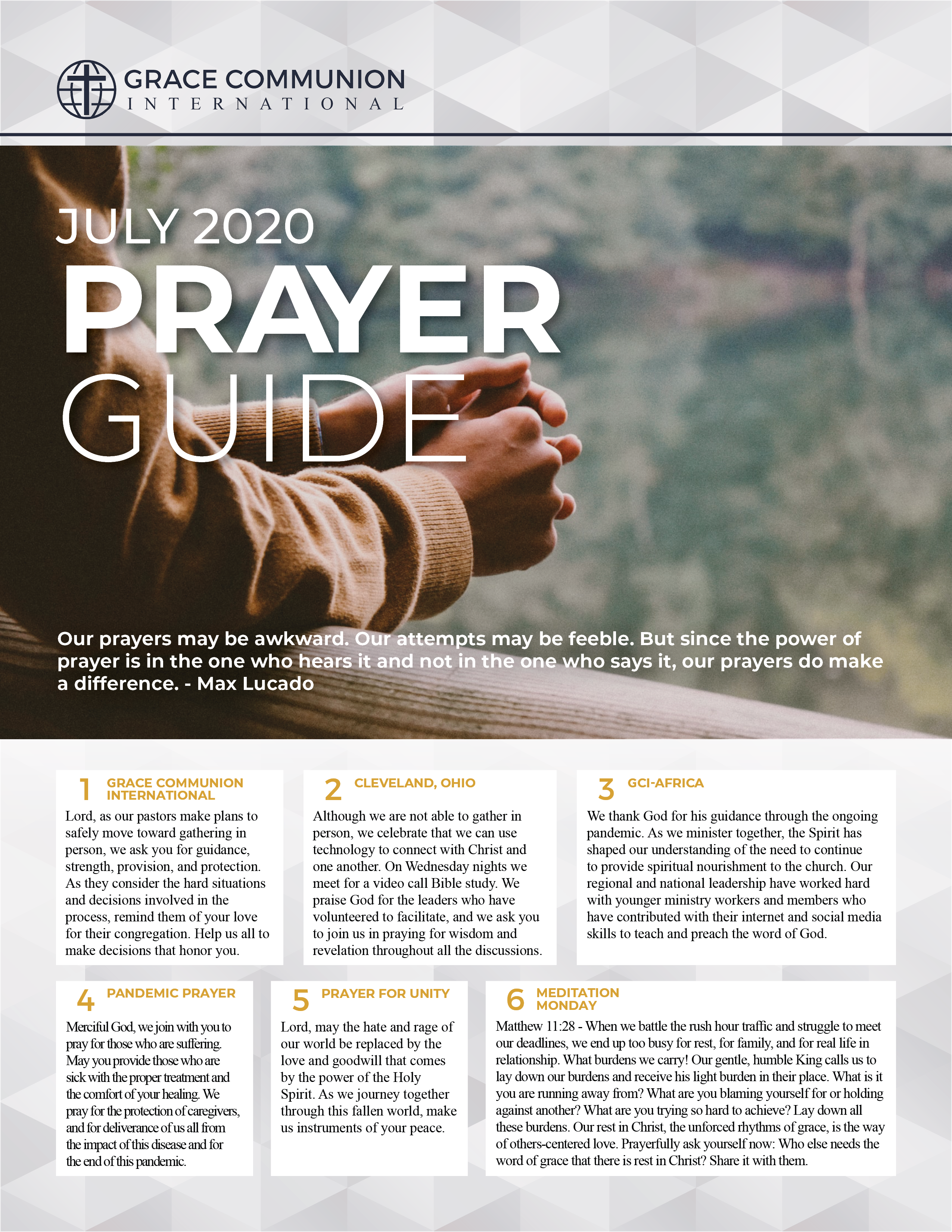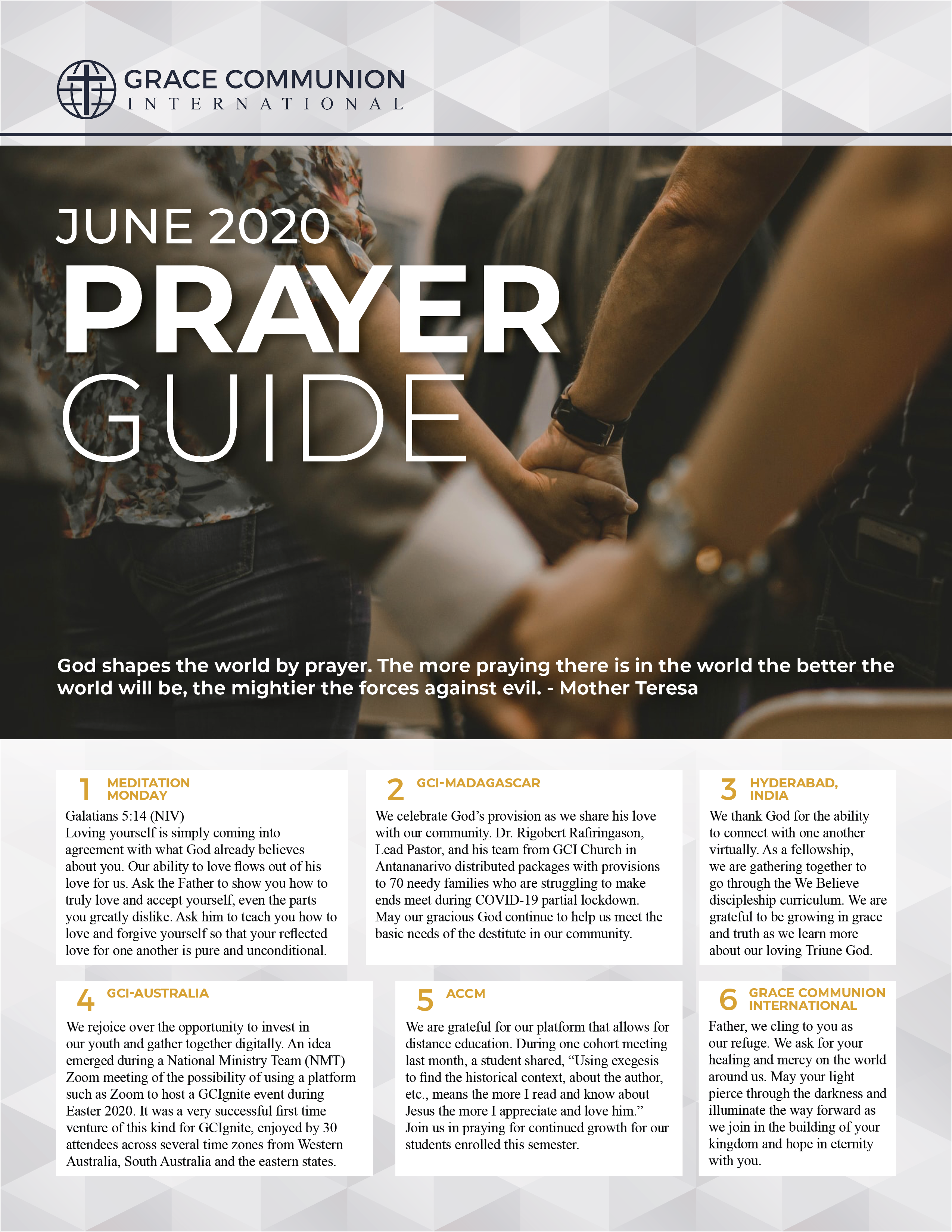
“I listen carefully to what God the Lord is saying, for he speaks peace to his faithful people. But let them not return to their foolish ways.” Psalm 85:8, NLT
Many times I partner with people to create music, or complete projects in which we mutually have an interest. We connect, exchange ideas, make plans and naturally speak words of encouragement to keep the embers lit for the project. I confess I am so excited for it that I can hardly sleep or concentrate on other things. My focus appears as if I have blinders on. It’s a battle of balance for me. Whatever I’m working on at that time, there’s a process I take myself through.
Every day, I speak life into what I’m doing by writing the words on little pieces of paper and stick them on my wall right beside my bed. This practice has proven to keep my focus in line with wherever the Lord is leading, teaching or trying to help me to grasp. So, at those times when I’m working on a project, I have the correct words that fuel my passion and fire.
During one of these times, I recall wanting to push forward with an idea to help hurting women who had suffered traumatic pasts. Within three months of connecting with a friend on the idea, we had erected a vision, mission statement and a few guidelines. It was a session of dreaming and planning. We set a date for the next meeting and then…life happened. We both got very busy with family, children, school, health issues and travelling. The embers were just lit but not blazing. Wanting to move forward with the project, I looked on my wall and I began to go through the words that the Lord had given me regarding this project. I sensed that he wanted to teach me something. I did not know what that was, but at this moment, it was about to unfold.
That same day another friend called and asked me about the projects I was working on. Without thinking, I flowed out all my ideas and workings with the women in trauma project. Immediately, my friend became annoyed that I did not consult them about it and that I had somehow left them out of the planning on purpose and without consideration for their interests and feelings. They had expressed an interest in doing something like this project, and we had spoken about it months before my initial brainstorm meeting with my other friend. I had forgotten that conversation, sadly. This friend was hurt and responded in silence to my attempts at an apology. After our conversation, I was left confused and hurt, and the words of condemnation began to fuel my heart with disappointment. I forgot the words on my wall. Fueled by shame, I forgot them so quickly. The blaze I had, soon blew out because I had hurt my friend and I didn’t know where to turn or what more to say.
However, in time, the Lord in his mercy revealed to me that I needed to listen carefully to my friend. She needed my empathy, for she had suffered trauma and wanted to be a part of this helping project to heal. I totally missed that reality in our conversation. But, instead of condemning myself for the oversight, I needed to fuel my heart with peace, therefore being at peace with my wounded friend.
The word of the Lord came to me as I prayed earnestly for my friend and my guilty heart. He led me to Psalm 85:8: “I listen carefully to what God the Lord is saying, for he speaks peace to his faithful people. But let them not return to their foolish ways.” I was both comforted, strengthened and disciplined in love. My friend and I were reconciled and the project is on hold until we can set aside the proper time to bring it to fruition. To continue to blaze for things that our hearts want to do is beautiful. However, consulting the Lord, and watching with wisdom as we move forward, is my lesson in living, loving and manifesting the love of the Lord.
Prayer: Lord, thank you for fueling our hearts with a passion for loving and helping your people. Let us listen fondly to your whispers of love leading us on your peaceful path, and showing us how to best respond to people in our lives with patience and understanding.

By Keysha Edwards Taylor
Worship Director, GCI Miramar, FL



















